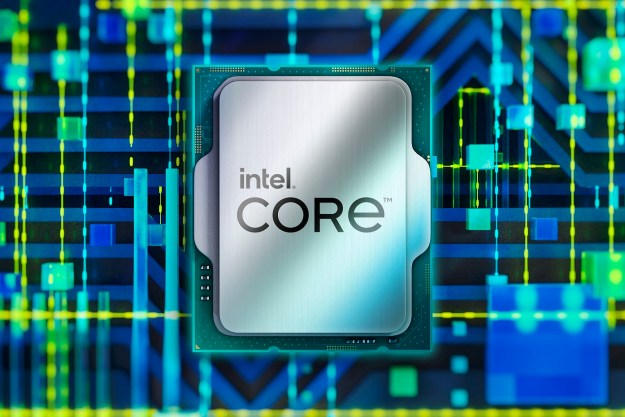 A recently filed class action lawsuit claims that a variety of leading technology companies, including Adobe, Apple, Google, Lucasfilm, Intel, Intuit Inc. and Pixar studios, have “conspired” to keep the wages of their employees low, reports Apple Insider. The lawsuit was announced in a press release published Wednesday by law firm Lieff Cabraser Heimann & Bernstein.
A recently filed class action lawsuit claims that a variety of leading technology companies, including Adobe, Apple, Google, Lucasfilm, Intel, Intuit Inc. and Pixar studios, have “conspired” to keep the wages of their employees low, reports Apple Insider. The lawsuit was announced in a press release published Wednesday by law firm Lieff Cabraser Heimann & Bernstein.
Filed by former Lucasfilm software engineer Siddharth Hariharan and his former colleagues, the suit says that these companies “violated antitrust laws by conspiring to fix the pay of their employees and entering into ‘No Solicitation’ agreements with each other,” according to the press release. Hariharn seeks restitution for “lost compensation and treble damages” from the companies.
The lawsuit claims that, between 2002 and 2009, these companies agreed to not actively pursue each other’s employees, and to inform each other when an offer was made to someone employed with one of the firms in question. In addition, the suit asserts that these companies agreed to salary caps for prospective employees.
“My colleagues at Lucasfilm and I applied our skills, knowledge, and creativity to make the company an industry leader,” said Mr. Hariharan in a prepared statement. “It’s disappointing that, while we were working hard to make terrific products that resulted in enormous profits for Lucasfilm, senior executives of the company cut deals with other premiere high tech companies to eliminate competition and cap pay for skilled employees.”
According to Joseph R Saveri, who is representing Hariharan in the case, these companies “reduced competition for their services, compensation for skilled employees at Adobe, Apple, Google, Intel, Intuit, Lucasfilm, and Pixar was reduced by 10 to 15 percent.” Because of this, Saveri says, “[t]hese companies owe their tremendous successes to the sacrifices and hard work of their employees, and must take responsibility for their misconduct.”
This lawsuit follows a US antitrust probe of Apple and Google, which sought to determine whether Apple and Google had made “gentlemen’s agreement” not to recruit each other’s employees with then Google CEO Eric Schmidt served on the boards of both companies.
The companies targeted in this recent lawsuit have not yet responded publicly to the accusations.
Editors' Recommendations
- How Intel and Microsoft are teaming up to take on Apple
- Apple’s M3 Max appears to keep up with Intel’s top desktop CPU
- Intel could give us Wi-Fi 7 devices long before Apple gets around to it
- Intel Core i7-12800H CPU outperforms Apple M1 Max in new benchmark
- Intel Alder Lake-P may be almost 50% faster than the Apple M1 Max


